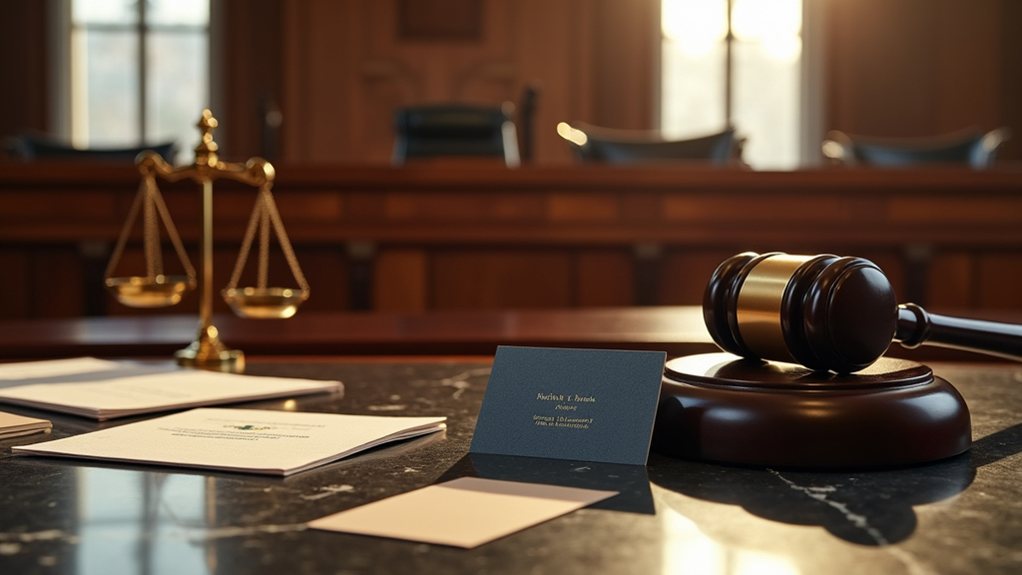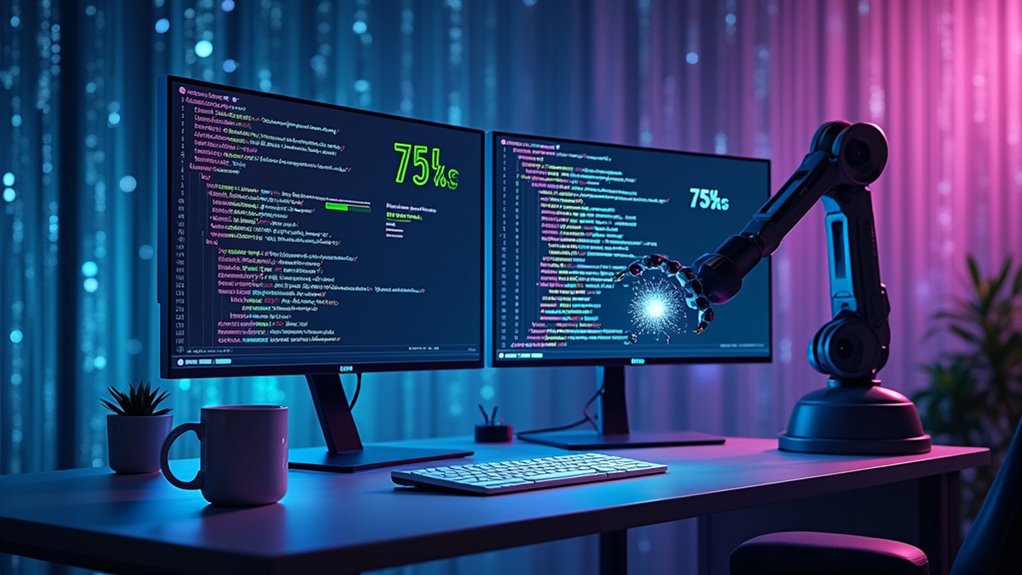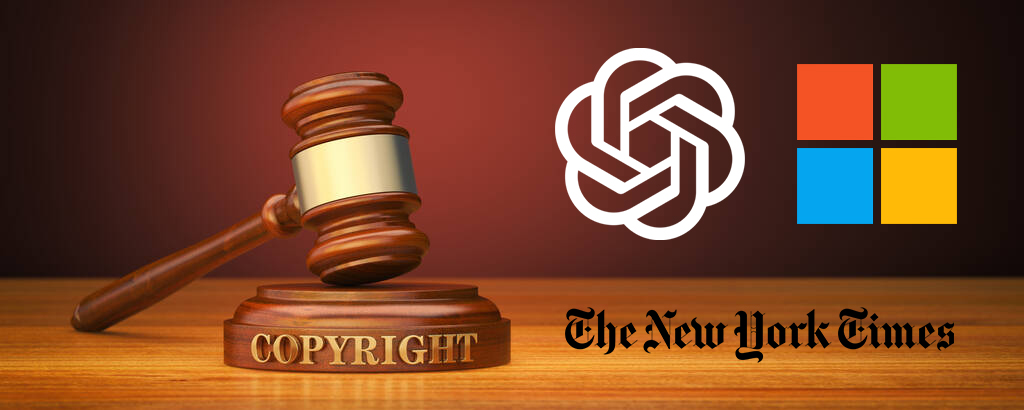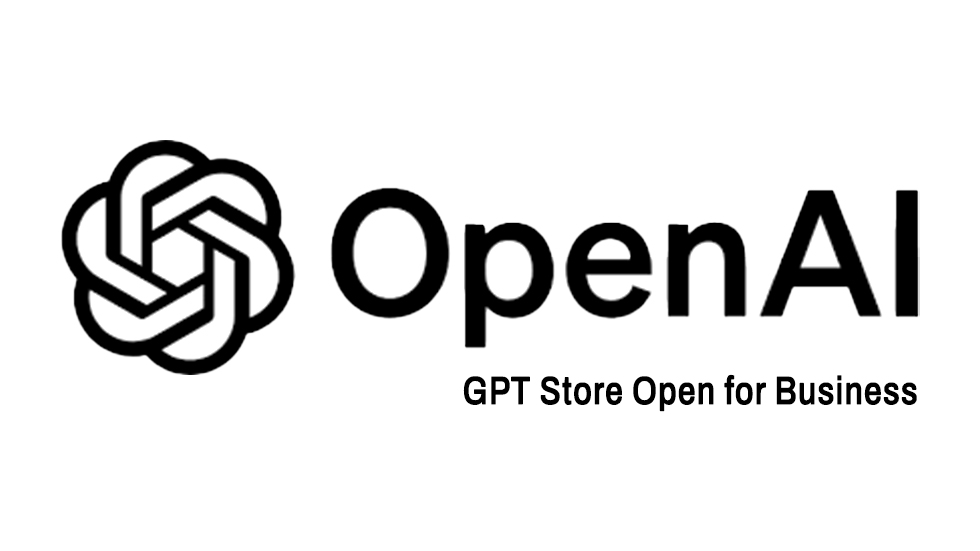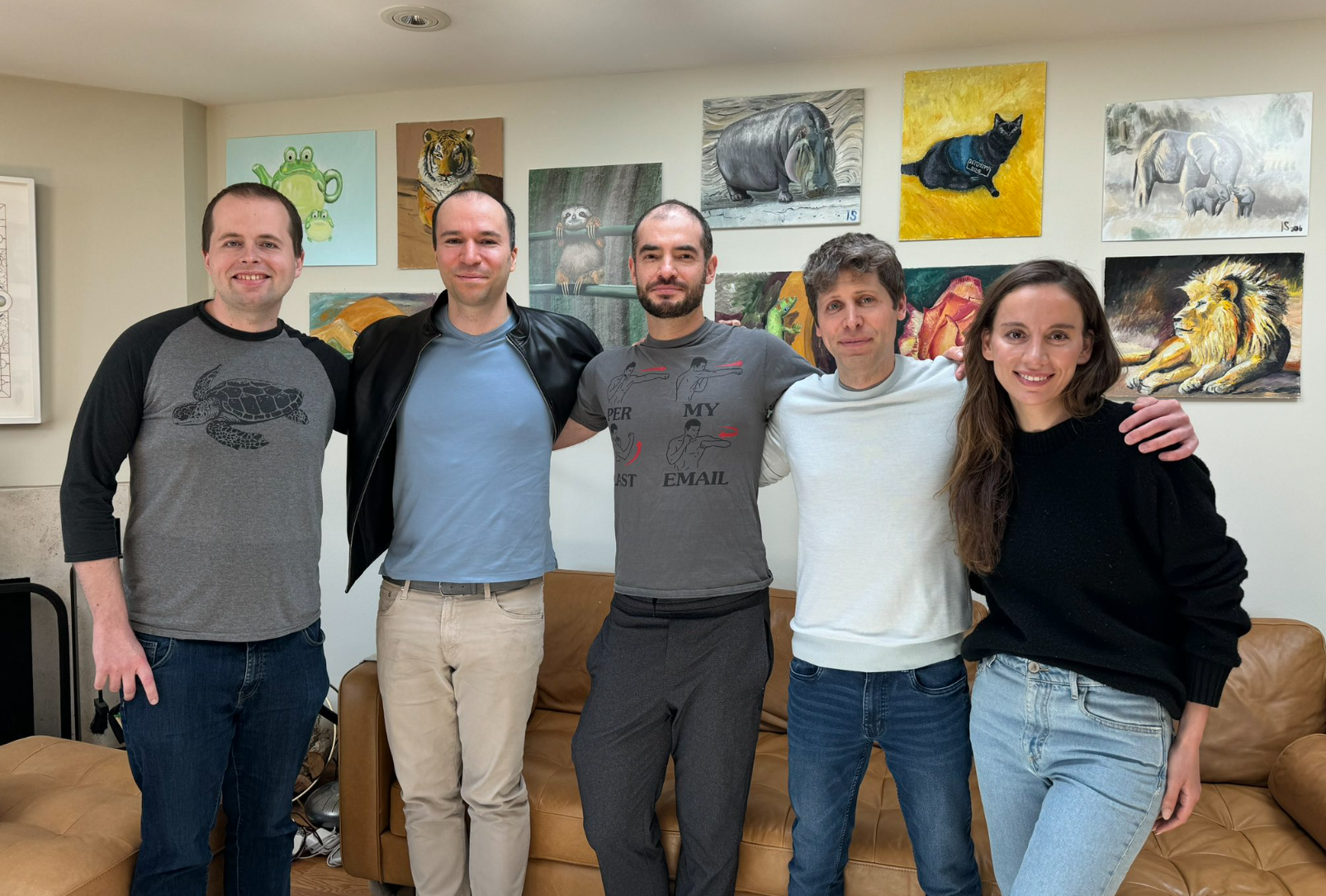OpenAI just steamrolled Open Artificial Intelligence, Inc. in federal court, securing a complete trademark victory that prohibits their competitor from using the suspiciously similar “Open AI” moniker. The judge wasn’t buying OAI’s creative spacing strategy—apparently adding a gap between words doesn’t magically create brand differentiation. With OAI’s founder filing their trademark one day after OpenAI’s 2015 launch, the court smelled opportunistic cybersquatting from miles away, and the full story reveals even more damaging details.
After nearly two years of legal sparring that probably cost more than most people’s annual salaries, OpenAI has officially crushed its wannabe doppelganger in federal court.
On July 21, 2025, a U.S. District Court judge in Northern California delivered a knockout punch to Open Artificial Intelligence, Inc. (OAI), ruling that their trademark was fundamentally OpenAI with extra steps. The difference? *Literally just a space*. That’s it. That’s the whole thing.
A federal judge demolished OAI’s trademark dreams, proving that adding a space doesn’t magically create a new brand identity.
The judge granted summary judgment on all major trademark issues, telling OAI they can’t use “Open AI” or similar variants for websites, apps, or domains. Out of twelve total claims disputed, OpenAI swept the important ones like they were playing trademark Monopoly with house rules.
Here’s where it gets spicy: OAI’s founder filed for the “Open AI” trademark just one day after OpenAI’s public launch in 2015. Talk about suspicious timing. The court wasn’t buying what Ravine (OAI’s owner) was selling, especially since there was zero evidence of actual commercial AI tool use before OpenAI hit the scene. The judge specifically found that Ravine had intent to deceive the U.S. Patent and Trademark Office during the registration process.
Meanwhile, OpenAI was busy becoming a household name with ChatGPT and Dall-E 2**, building genuine brand recognition** while OAI was running what the court fundamentally called an information-sharing platform. Interestingly, OAI had actually purchased the domain “open.ai” before OpenAI’s founding in December 2015, initially using it as an information-sharing platform before pivoting to AI tools.
The ruling cited classic customer confusion scenarios – you know, when people can’t tell the difference between “OpenAI” and “Open AI” because *they’re fundamentally identical*. Both companies offered similar generative AI services, making this trademark dispute a genuine problem for consumers trying to figure out who’s who.
The court didn’t stop at trademark infringement – they also highlighted fraud claims and called out OAI’s registration as potentially opportunistic cybersquatting. Ouch.
OAI’s legal team announced plans to appeal, but the trademark prohibition stays in effect. The decision reinforces that major tech brands get serious legal protection against copycats, especially in emerging markets where brand confusion can spread faster than TikTok trends.
Bottom line: Sometimes a space makes all the difference, except when it doesn’t matter at all.
